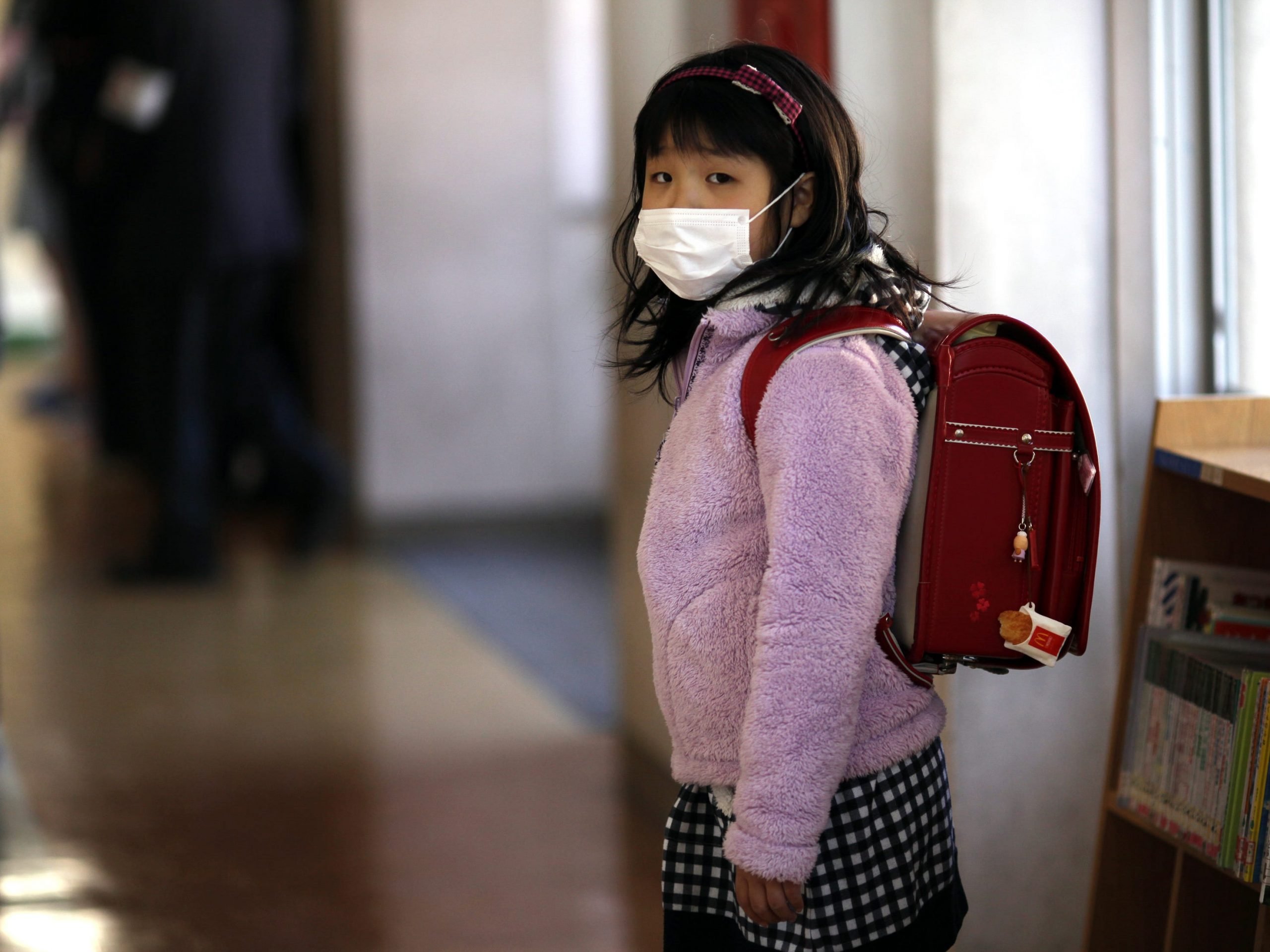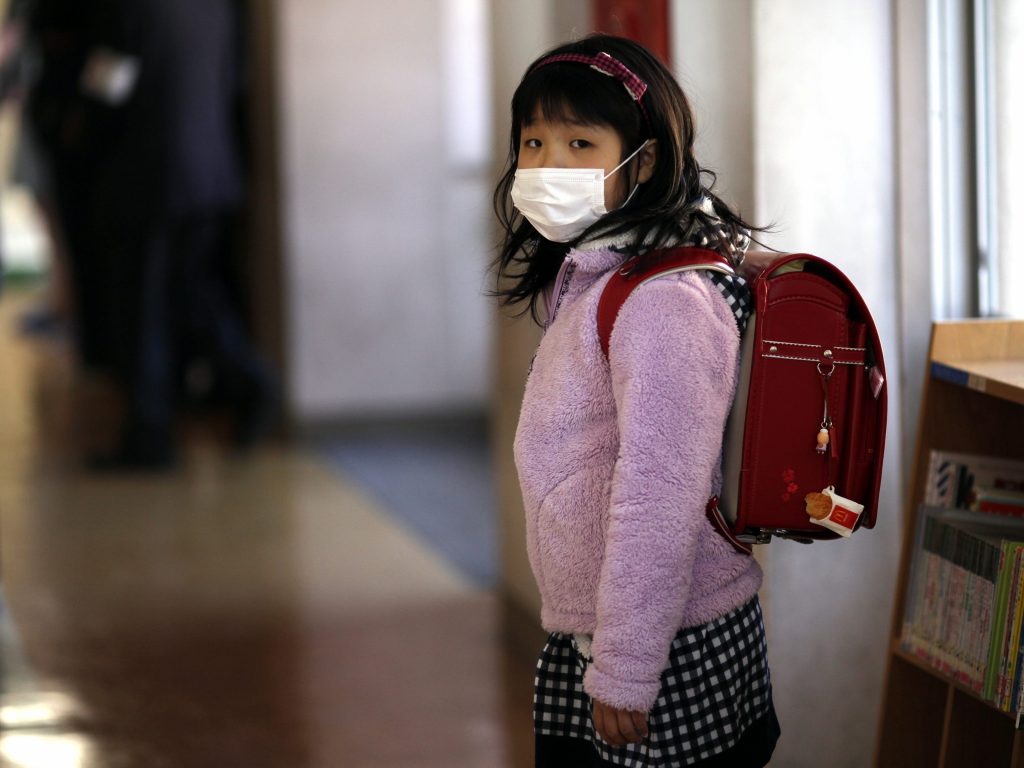
Carlos Barria/Reuters
- Some children might be feeling anxiety about returning to school.
- It's normal for routines to be disrupted initially by school starting.
- But there are three warning signs parents should pay attention to.
- Visit Insider's homepage for more stories.
While many children are excited to go back to school, others feel anxiety. The uncertainty and hybrid work-school-life routines during the pandemic have made the back-to-school transition even harder for many children and parents.
It's OK for kids to feel some anxiety at the start of a new school year. Unknowns like which classroom they'll be in, what their teachers are going to be like, and whether they'll be able to make new friends can be triggers for some children. Others might be worried about academics.
For kindergarteners and children starting middle or high school, there's the additional stress of an unfamiliar setting with new peers, teachers, and increased expectations.
All parents can expect some turmoil and disruption at the start of the school year. We commonly see children "regress" when they are facing stress.
Skills including sleeping through the night, getting dressed, and following directions may slip a bit. Many children will behave well all day at school and then have meltdowns when they come home. As the unfamiliar becomes familiar, children will no longer experience school or separation as a stressor and bounce back.
3 warning signs parents should pay attention to
Nonetheless, some kids experience school anxiety and fears that cause distress and conflict. Parents should know the warning signs of school anxiety that go beyond start-of-school jitters.
- Expressing fear or anxiety about school. Adults often minimize children's anxiety or jump in to provide reassurance: "You'll be fine once you meet your new classmates." "Don't be silly - of course the other children will like you!" It's important for parents to listen to children and take their feelings seriously. The key with anxiety is to acknowledge, accept, and empathize with their child's anxious feelings or fears, but not jump in with reassurance or problem-solving.
- Changes in emotions. Pay attention if your child expresses worries or fears about school, becomes upset or dysregulated when you talk about school; develops a new onset of stomachaches or headaches; has nightmares or other sleep disruptions; or has increasing difficulty separating. Seven percent of children ages 3 to 17 have an impairing anxiety disorder. When the changes described above last more than two weeks, happen nearly every day, happen during different activities, and are adversely affecting the child's functioning or your family's functioning, it's time to consider seeking help from a pediatric mental-health professional.
- You're fearful or anxious about your child starting school. All families have experienced tremendous stress and uncertainty during the past year. But a parent's anxiety can make a child feel anxious. Children pick up on their parents' emotions and concerns like sponges. If you express fear about the start of school to your child, you might give your child the message that they, too, should be scared.
Speak with your support network about your worries and how to manage them. If your anxiety is overwhelming, seek help for yourself. Also, trust your instincts. If you have concerns about your child and school, take steps to address them. But with your child, try to be positive and express confidence that you believe in them and that you will be there to help them manage their anxiety.
Dr. Helen Egger is the chief scientific and medical officer of Little Otter and a pioneer in the field of child psychiatry. She attended Yale for her undergraduate degree and for medical school and completed her psychiatric training at Duke.
